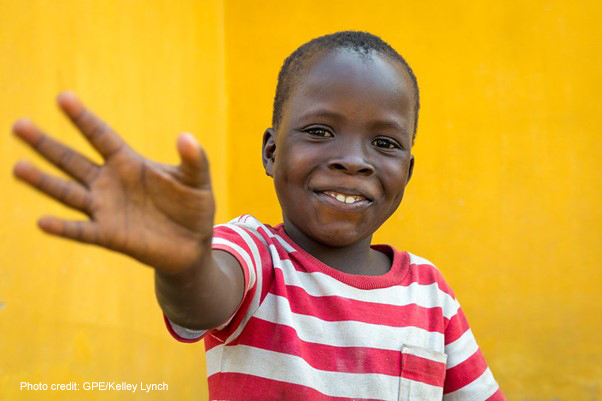Early Childhood Development Outputs by Researchers in sub-Saharan Africa: Focus, Funding and Collaboration
This blog summarises the findings from a series of reports developed from the mapping of ECD research publications from both international databases between 2020-2022, and from national and regional sources between 2010-2022.
Written by Daniel Hawkins Iddrisu, Research Assistant, and Eunice Mueni Williams, Research Associate, Research for Equitable Access and Learning (REAL) Centre, University of Cambridge.

Early childhood development (ECD) is important for ensuring that children aged 0-3 can achieve their full potential, and this is widely recognised in advocacy, policies, and research. The United Nations Sustainable Development Goal 4.2, the Nurturing Care Framework, and the African Union Continental Education Strategy, emphasise ECD as the foundation for quality education and training, and better outcomes in life. Despite these global and continental goals, 66% of children in sub-Saharan Africa (SSA) fall below their developmental needs. There is, therefore, a clarion call for individuals and stakeholders to change the blurring narrative in SSA. While research and data evidence are at the heart of shaping this course, evidence from and by SSA-based researchers is acutely underrepresented and likely to be missed in shaping policy and practice for effective change.
The Research for Equitable Access and Learning (REAL) Centre and Education Sub Saharan Africa (ESSA), with support from the Conrad Hilton Foundation, mapped ECD research authored by researchers based in SSA to help understand the landscape of ECD in the region. The mapping targeted policy-relevant research, highlighting knowledge and evidence produced by SSA-based researchers, which is often neglected and less visible in international databases. The project included publications in international databases with publications mainly in English, and in-depth searches of research outputs in four countries – Kenya, Uganda, Tanzania, and Ghana.
This blog summarises some of the key findings from this mapping exercise, which can also be read in the new summary reports on cross-country mapping and analysis from international databases. All of our full reports can be found online here.
Check out the full blog published on the UKFIET website on 30 September 2024.